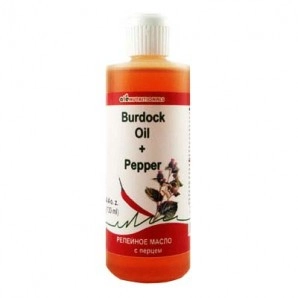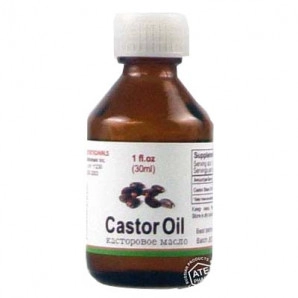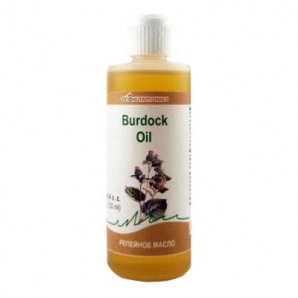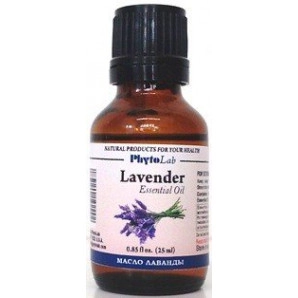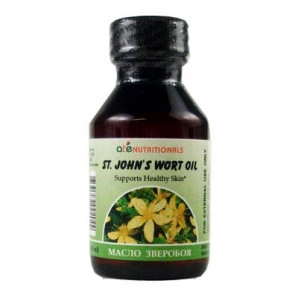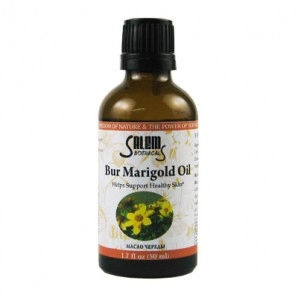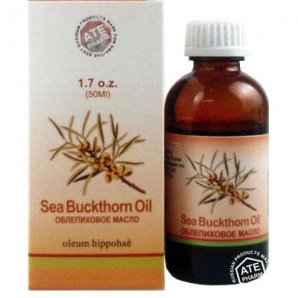-
OTC
- Allergy
- Antiparasitic Agents
- Painkillers and Antispasmodics
- Venotonics
- Dermatological Agents
- Gastrointestinal Tract
- Immunomodulators
- Infectious and Inflammatory
- Weight Control, Weight Loss
- Neurological Agents
- Ophthalmic Preparations
- Cardiovascular Diseases
- Sleep Aids
- Cold and Flu Remedies
- Thyroid Disorders
- Diabetes Treatments
- Urological Agents
- Sedatives
- Ear Drops
- Vitamins and Minerals
- Men's Health
- Women's Health
- Laxatives
- Liver Disease Treatments
- Hemorrhoid Treatments
- Nasal Drops and Sprays
- Antiseptic
- Bruises and Contusions
- Antifungal Agents
- Blood Pressure Medications
- Joint Pain
- Oils
- Dry Herbs & Berries
- Ointments
- Herbal Teas
- Tinctures
- Syrups
- Beauty
This information is for general purposes only and should not be considered as medical advice. Always consult with a qualified healthcare professional for any medical concerns or questions you may have.
Ingredients and Composition
Marigold oil is derived from the flowers of the marigold plant, also known as Calendula officinalis. The plant is native to Egypt and Mediterranean countries and has been used for centuries for its therapeutic properties.
The oil contains a high concentration of flavonoids, triterpenoids, and polysaccharides, which make it an effective natural remedy for various skin problems.
Indications and Uses
Marigold oil is known for its anti-inflammatory, antimicrobial, antifungal, and antiviral properties. These properties make it an effective natural remedy for various skin problems such as:
- Acne
- Burns
- Cuts and scratches
- Eczema
- Psoriasis
- Wrinkles and fine lines
- Stretch marks
The oil can be used topically on the affected area or can be added to creams, lotions, and other skincare products.
Precautions and Side Effects
Although marigold oil is generally considered safe for topical use, some people may experience allergic reactions such as itching, redness, and swelling. It is recommended to do a patch test before using the oil on a larger area.
Marigold oil should not be ingested or used in the eyes or on open wounds.
Conclusion
Marigold oil is a natural solution to various skin problems. Its anti-inflammatory, antimicrobial, antifungal, and antiviral properties make it an effective remedy for acne, eczema, psoriasis, wrinkles, and stretch marks. However, it is important to use the oil with caution and to consult with a healthcare professional before using it as a treatment.
Note: This article is for informational purposes only and should not be considered medical advice.Additional Information
| SKU | 1119 |
|---|---|
| Brand | Salem Botanicals |
| Size | N/A |
| Manufacturer | N/A |
- Be the first to review this product
Write Your Own Review
Products on sale
Regular Price: $23.99
Special Price $18.99
Regular Price: $21.99
Special Price $17.99
Regular Price: $38.99
Special Price $29.99
Regular Price: $27.99
Special Price $21.99
Regular Price: $51.99
Special Price $34.99
Regular Price: $33.99
Special Price $24.99
Regular Price: $17.99
Special Price $10.99
Regular Price: $14.99
Special Price $11.99
Regular Price: $20.99
Special Price $17.99
Also Purchased










